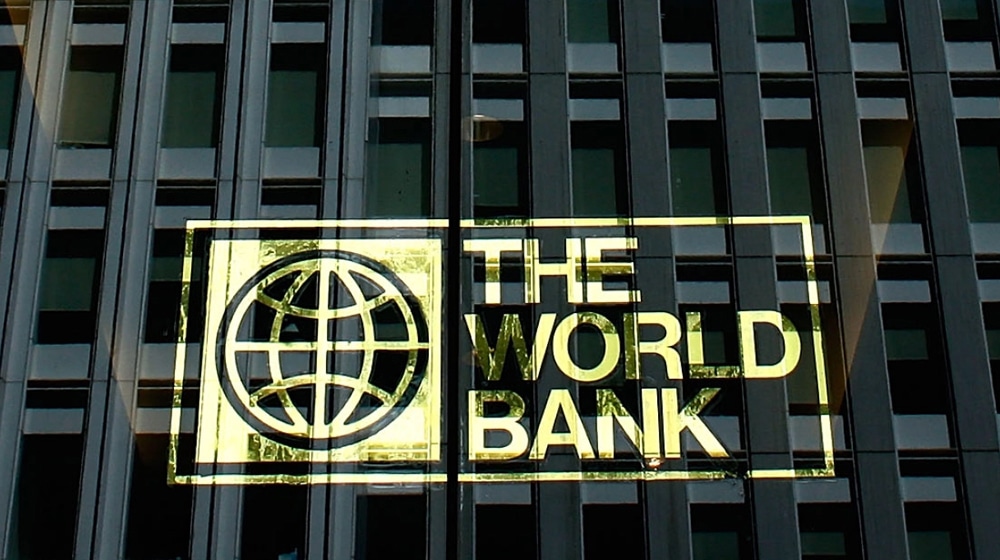The World Bank has raised concerns regarding the establishment of the Pakistan Sovereign Wealth Fund (SWF), valued at approximately $8 billion, citing governance and public financial management challenges. The Bank’s latest report, “Pakistan Development Update: Fiscal Impact of Federal State-Owned Enterprises,” released on Tuesday, highlights the exemption of State-Owned Enterprises (SOEs) transferred to this Fund from the best corporate governance practices outlined in the SOE Act.
The report emphasizes the necessity for all SOEs, including those within the SWF, to adhere to the SOE Act to ensure financial transparency and good corporate governance practices. The SWF, established in August 2023 by the government to support long-term economic growth, includes seven entities: Oil and Gas Development Company Limited (OGDCL), Pakistan Petroleum Limited (PPL), National Bank of Pakistan (NBP), Pakistan Development Fund, Government Holdings Private Limited, Mari Petroleum Company Limited, and Neelum Jhelum Hydro Power Company Limited.
According to the World Bank, dividends from OGDCL, PPL, NBP, and Government Holding Private Limited have been substantial, constituting around 0.05 percent of GDP. The report stresses the importance of a clearly defined dividend policy for the SWF and highlights the significant impact of transferring these four SOEs to the SWF, as they accounted for a significant portion of total profits and assets in the portfolio in fiscal year 2022.
READ MORE: OnePlus Nord CE4 Unveiled Featuring Enhanced Performance, Larger Battery, and More at $300
To ensure appropriate oversight and alignment with best corporate governance practices, the Bank suggests designating the SWF itself as a commercial SOE if the government retains ownership and control. It recommends introducing adequate governance arrangements for the SWF and planning annual evaluations to ensure alignment with its mandate. Additionally, the report suggests considering membership in the International Forum of Sovereign Wealth Funds (IFSWF) and adopting its performance and reporting standards.
The report underscores the high fiscal costs associated with SOEs operating in key sectors of the economy. Despite receiving significant financial support from the government, these SOEs have consistently incurred losses since 2016. Direct government support to federal commercial SOEs exceeds their financial contributions, resulting in a widening fiscal gap. The report recommends rapid progress in government plans for privatization, restructuring, and divestment, along with establishing new guarantee issuance rules and ensuring adherence to International Financial Reporting Standards.
In conclusion, the report stresses the importance of implementing reforms to improve the financial discipline of SOEs, strengthen oversight, and manage fiscal risks associated with their operations. It calls for the elimination of practices such as covering SOE operating losses with transfers from the federal budget and emphasizes the need for measures to hold SOEs accountable for performance and fiscal risks.




